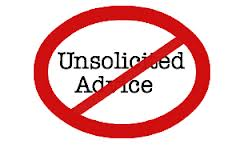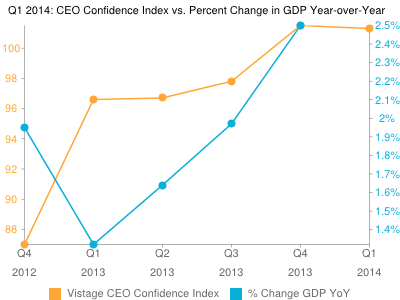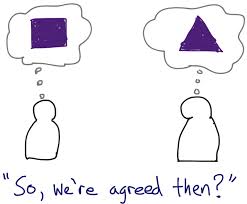 This month’s leadership quote:
This month’s leadership quote:
“You can tell whether a person is clever by his/her answers. You can tell whether a person is wise by his/her questions.“
-Naguib Mahfouz
In Vistage we chairs encourage our members to stay in a questioning mode. This is probably the most important ingredient in effectively getting to the resolution of an issue and the most difficult to do.
Those of us in leadership roles are accustomed to having the answers. After all, it’s having the answers that got us where we are; we solve problems. So… when we hear a problem, we want to shout out our answers and help the other person (or is it we want them and everyone else to hear how smart we are? Perhaps if we are honest with ourselves, it is a little of both).
Here’s the thing, I think I am smart too. When I bring an issue to the table, first I am a bit uncomfortable, because I am being vulnerable. Second, when you give me answers, I immediately go into objection mode.
If on the other hand, you ask me questions, I can get to the answer myself. Does it take longer than just giving me the answer? Sure for you. Sometimes you can help me by making observations, but don’t solve it for me. That may help you, but it doesn’t help me.
So, as our Vistage speaker, Amy K says, “strive for the better question”. Easy to say, hard to do. Here are a couple of tips I have picked up from Amy that can aid the process:
- Write down your question before asking it.
- Write down 11 questions, and then pick your best to ask. The act of writing down so many, helps you push for the better question.
And in the moment, when writing the question isn’t practical, listen to yourself. When I catch myself making a statement, instead of asking a question, I will pause and say, “wait, let me rephrase that as a question”.
The Socratic method after all was named for the man viewed as the wisest in the land because of the questions he asked.
Elisa K. Spain
 This month’s leadership quote:
This month’s leadership quote:


















 The initial results of my Pivot are excellent. I feel I have much greater clarity regarding the next 3-5 years..
The initial results of my Pivot are excellent. I feel I have much greater clarity regarding the next 3-5 years.. 